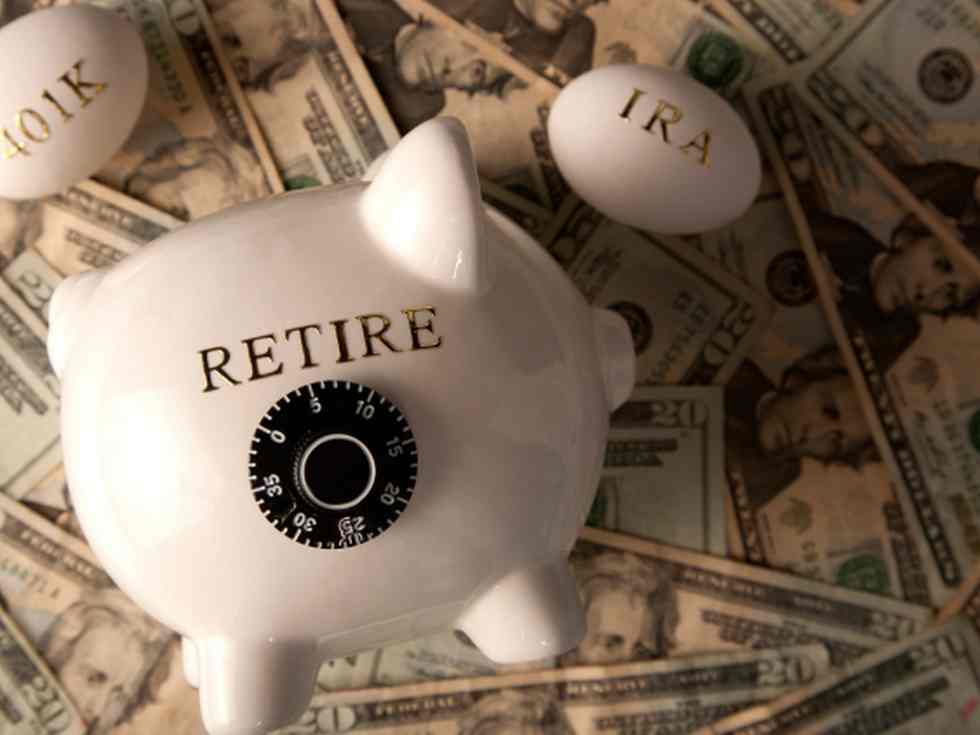My younger son as soon as expressed concern after I instructed him I had cash invested within the inventory market. Maybe he had seen tales about blindfolded monkeys throwing darts choosing higher inventory portfolios than "skilled" merchants.
"Shopping for shares is rather like playing," he mentioned.
"No, it is not," I defined.
I’m not positive my son was satisfied by my rationalization, and I started to doubt it myself. What made me so assured that my course of of selecting inventory market investments was higher than random likelihood?
How fortunate inventory picks can beat the market
Folks are likely to overrate their funding abilities as their portfolio grows. Through the years, the inventory market tends to go up and the worth of anybody’s portfolio — even a portfolio picked by a monkey — would doubtless go up. However the measure of a profitable investor is not merely getting a constructive return on funding. Actual success is thrashing the market by getting a return that’s higher than the market common. That is the place the ability is available in … or does it?
Let’s think about randomly chosen inventory portfolios drawn from the broader inventory market. Most such randomly chosen portfolios will carry out close to the general price of return for the market. Among the shares could carry out higher than common and a few worse, however the ups and downs throughout the portfolio tends to work out to about common. However by pure luck, some portfolios will find yourself with extra winners than losers and beat the market common. Typically these randomly chosen portfolios do a lot higher than the market common.
For some particular examples, let’s simulate portfolios randomly drawn from a market with 10.5 p.c return and an ordinary deviation of 20 p.c after 20 years. Underneath these situations, the typical return portfolio worth based mostly on the broader market is $7,366. Right here have been my "returns" from eight randomly chosen portfolios after 20 years:
-
$4,330
-
$34,603
-
$19,572
-
$9,971
-
$10,925
-
$1,482
-
$8,482
-
$3,460
You’ll be able to see that 5 of our eight randomly chosen portfolio beat the anticipated worth of $7,366 from common market returns over 20 years. One portfolio (#2) beat the market considerably, attaining an annualized return of 19.4 p.c and rising 4.5 instances that of a mean portfolio. This portfolio was chosen by pure likelihood, however the efficiency seems like one thing that might take a monetary genius to attain. Should you have been fortunate sufficient to place this portfolio collectively, individuals would most likely be lining as much as ask on your funding secrets and techniques to learn the way you beat the market. And because you have been so profitable, you may consider you had truly figured it out!
Our simulation outcomes present that by pure luck, an investor may find yourself with a portfolio that drastically beats the market. A dart-throwing monkey may choose an important set of inventory picks by likelihood. Random picks can lead to underperforming portfolios too, however individuals have a tendency to note the large winners.
We’ve got seen how one can find yourself with a excessive performing inventory portfolio by pure likelihood. Does this imply that profitable traders are simply fortunate?
The argument for investing ability
As now we have seen, it’s doable to get fortunate and beat the market. However some traders appear to beat the market constantly. It is one factor to get fortunate as soon as in awhile, however is somebody like Warren Buffett simply actually fortunate, or is there extra to it than that?
From reviews over time, we will see that Berkshire Hathaway beat the market 39 out of 49 years, incomes greater than the market common price of return. A 2015 paper by James Skeffington makes use of some simplifying assumptions to research the chance that such a run of success would happen by likelihood. In a simulation with randomly drawn portfolios of 500 firms to characterize the S&P 500, Warren Buffett seems to be luckier than the luckiest of the simulated portfolios by an element of about 100x.
Whereas this evaluation doesn’t conclusively show that Warren Buffett has distinctive ability as an investor, it does point out that luck alone is just not more likely to be the key of Mr. Buffett’s success as an investor.
Do you have to throw darts to choose shares?
The conclusion that ability — not simply blind luck — doubtless performed an enormous position in Warren Buffett’s funding success means you would doubtlessly research up and make knowledgeable investments or discover a fund supervisor that may constantly beat the market via ability. If you need a bit of Warren Buffett’s motion, you would purchase Berkshire Hathaway at a premium or the same fund at a reduction. (See additionally: The best way to Purchase Berkshire Hathaway and Different Blue Chip Inventory for 17% Off)
However normally, previous efficiency doesn’t predict future efficiency. Should you see a fund that’s promoting good current efficiency, it doesn’t imply the fund will keep sizzling. It’s unattainable to know if a fund supervisor is sweet or fortunate, and funding methods that work now could not hold working endlessly.
You would observe Warren Buffett’s recommendation and go together with index funds with low expense ratios that take away among the dangers, bills, and inefficiencies of actively managed funds. As Warren Buffett’s well-known $500,000 wager confirmed, a low expense index fund can beat an actively managed fund. This funding technique means that you can achieve success with out luck or ability. (See additionally: Why Warren Buffett Says You Ought to Put money into Index Funds)











